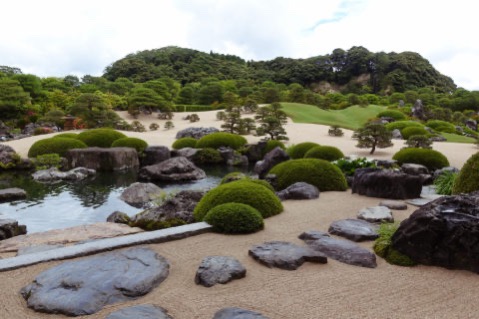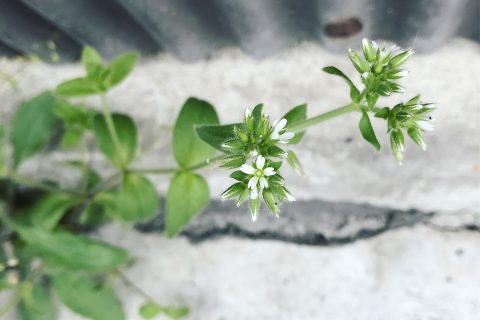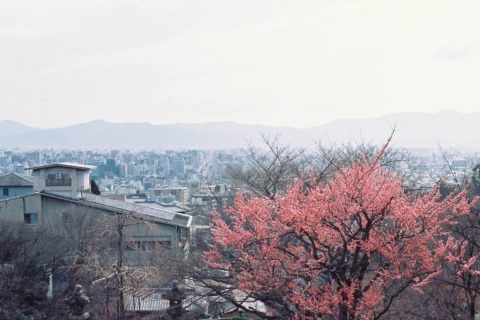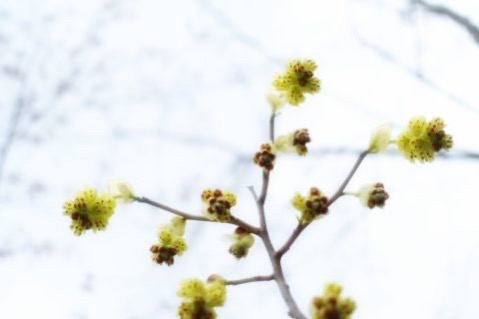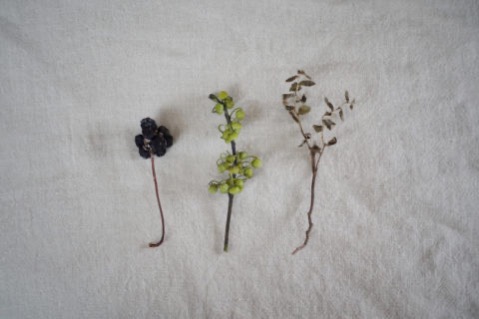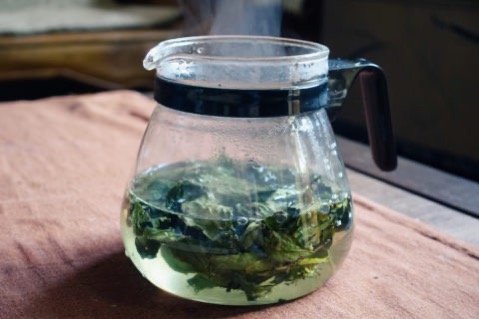
很喜歡日語漢字裡的「儚」字,「儚い」,易碎的、脆弱的,音Hakanai。儚,人生如夢,稍縱即逝,沒有東西比生命更兒戲。儚的物件,不管是生鏽了的釘噹、被蟲飳得千蒼百孔的木片、枯軟的樹葉,看來都優美而教人心痛,心痛,是因為它們似乎不盈一握,抓得太緊了,它們就給摧毁了。
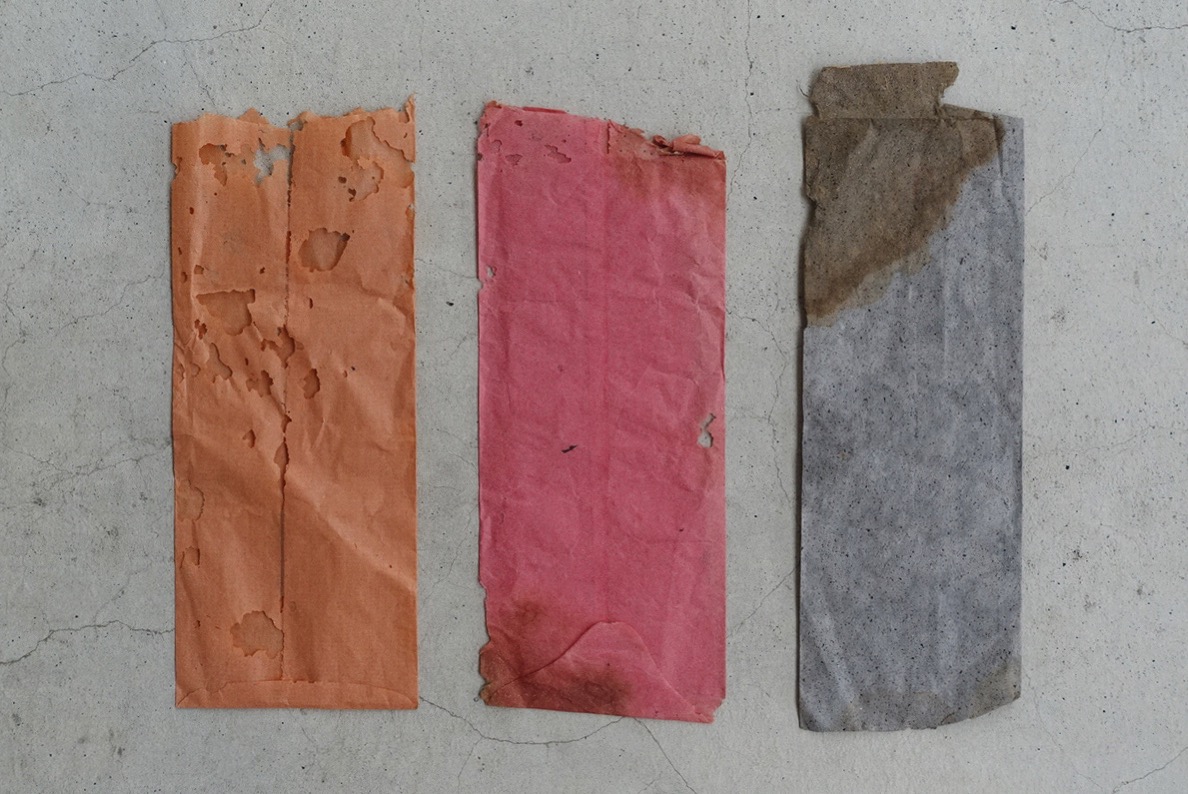
家裡有幾個舊信封,是丈夫自古道具店裡找來的。一直給放在展示櫃的其中一格裡,我很喜歡它們已然黯淡、沉著卻仍繽紛的色彩,偶爾百無聊賴地站在它們跟前仔細地看,卻很少將他們撿起細察。畢竟是紙製的,年月將它們越削越單薄,好些邊角更給撕破了,得惜心保護。而正因為自己的小心翼翼、珍而重之,每次與之共處時,似乎都特別全神貫注,因此更能感受到它的魅力。
看著美麗的事物,惋惜它們的不長久,一時之間也判別它勾起的情緒,是喜悅還是悲傷。紙信封安靜地躺在櫃子裡,在跟它四目交投時,我享受著百感交集的一瞬間。
儚 is a Japanese Kanji that I like a lot. 儚い, read as Hakanai, means delicate and ephemeral. The Kanji is an apt combination of ‘man’ and ‘dream’. Life is a dream, a transient dream. There is perhaps nothing more feeble than life. The Hakanai items — a rusty bell, a wooden plank that is full of holes made by bugs, a withered leaf — they are elegant but sorrowful. They are too delicate to be held in hands. Even a tighter grip would easily crush them.
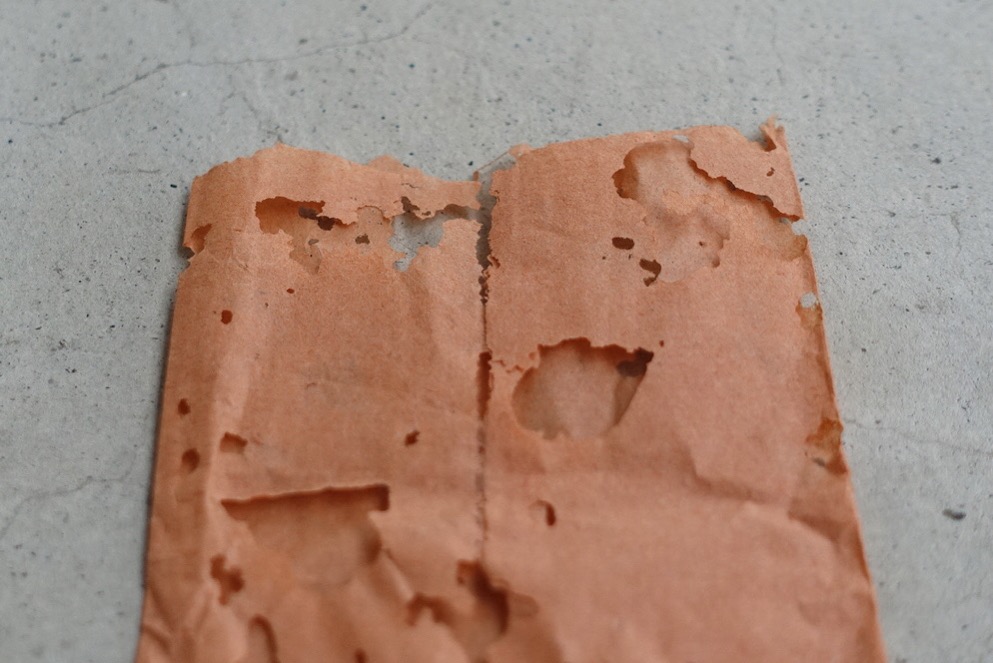
I have kept at home a few old envelopes which my husband bought from the secondhand shop Furui Dongu. We have them placed in the display cabinet. I really like how their faded and subtle color remains vibrant. When I have leisure, I would stand in front of the cabinet to look at them closely, but I rarely take them out. They are paper after all. Years gone by, they have become thinner and thinner. Some have even lost part of their corners. I have to handle them with care. Precisely because I have always been handling them with so much care and love, every moment I am with my envelops, I have my mind dedicated to admiring them. With this level of concentration, I can feel more immensely of their charisma.
Admiring the beauty while pitying its short life; I cannot distinguish if it is joy or grief that I am feeling. Gazing at the envelops lying silently in the cabinet, I am enjoying a moment of mixed feelings.
